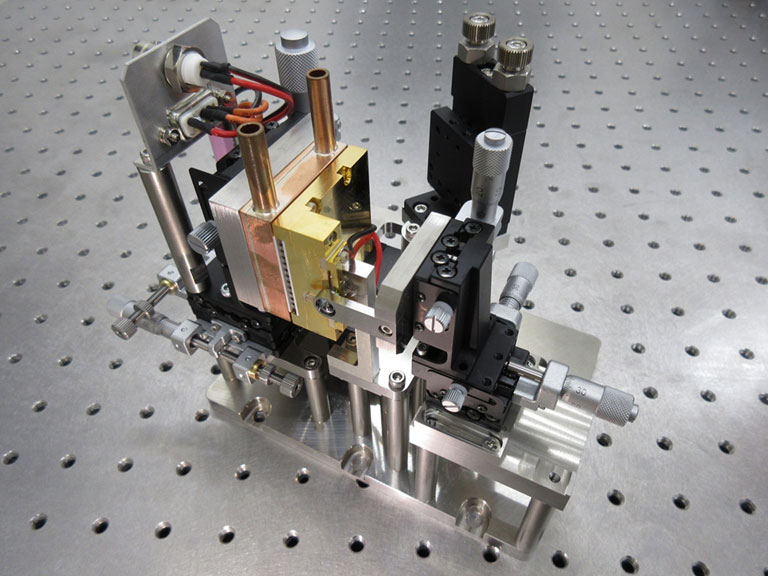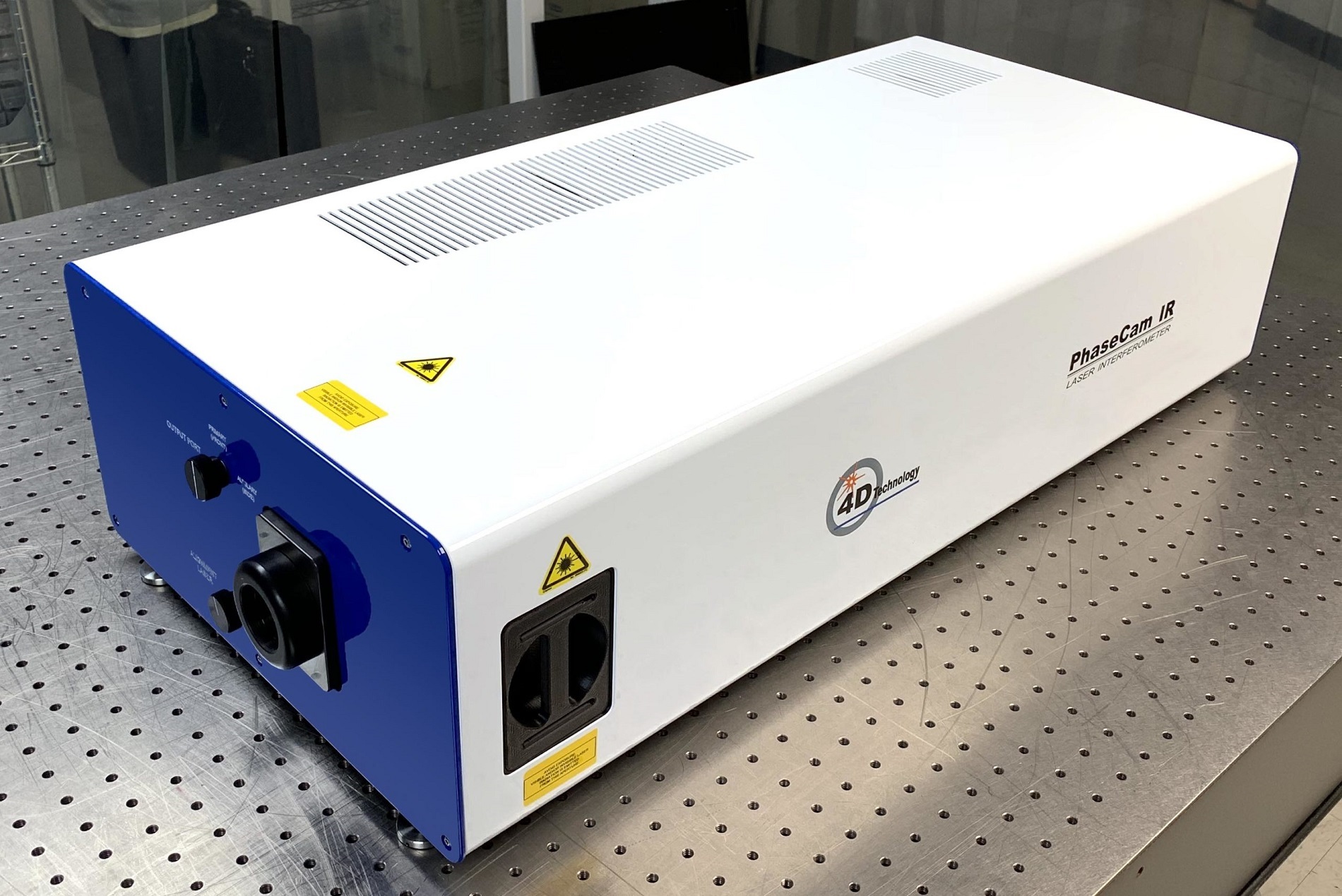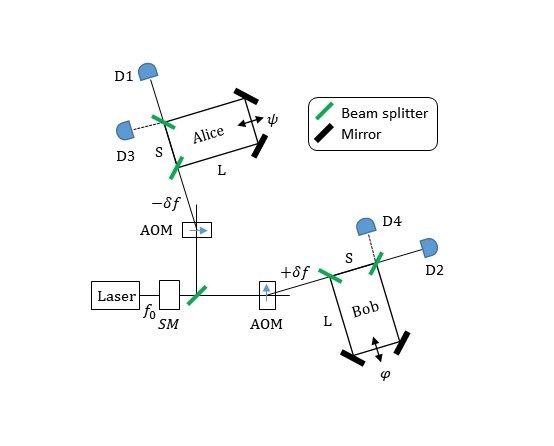8 February 2018
Researchers at the University of Bristol’s Quantum Engineering Technology Labs have demonstrated a new type of silicon chip that can help building and testing quantum computers and could find their way into your mobile phone to secure information.
Scientific effort worldwide is focused on attempting to use silicon photonics to realise quantum technologies, such as super-secure communications, quantum super computers and new ways build increased sensitivity sensors. Silicon photonic chips process information made of light using an area millions of times smaller than if you were to try make the equivalent device using individual lenses, mirrors and other optics.
Now, researchers at the University of Bristol have made a breakthrough for silicon quantum photonics — they have developed new type of on-chip detector capable of measuring quantum mechanical behavior within the integrated chip architecture. This is a new tool for making sure silicon photonic processors work the way they are designed and can themselves be used for other tasks, such as generating random numbers for cryptography, vital for the security industry, and as an important part of new types of optical sensor.
PhD student Giacomo Ferranti explained, “The great thing about the detector is that it works at room temperature. A lot of single photon detection requires cryogenics at ~4 Kelvin” (minus 270 degrees centigrade).
"While those cold detectors have their own amazing benefits, they are currently expensive and require large cryogenic fridges. Our detector is both small enough to sit on a human hair and can work in normal room temperature conditions."
One of the key applications that the detector has already been used for by the researchers is to generate random numbers.
"The ability to generate truly random numbers with a machine, without any bias, is actually a very difficult task” explains Francesco Raffaelli, another PhD student responsible for the project. “Random numbers have all sorts of applications, but the one that interests me the most is its use for cryptography and quantum cryptography. One day soon, I imagine these devices will be routinely part of the micro-processor on your desktop PC and in your mobile phone to keep them secure."
Further information
Paper:
‘A Homodyne Detector Integrated onto a Photonic Chip for Measuring Quantum States and Generating Random Numbers’ by F. Raffaelli, G. Ferranti et al in Quantum Science and Technology
Trying out quantum randomness yourself
If you would like to learn more about quantum random number generation and try out some quantum-randomness yourself why not visit our webpage on the subject.
Quantum Engineering Technology Labs (QETLabs)
The mission of QETLabs is to take quantum science discoveries out of the labs and engineer them into technologies for the benefit of society. It brings together £50 million worth of activity that covers theoretical quantum physics through experiment, engineering and skills and training toward concept demonstrators of quantum technologies. Read more on our website: http://www.bristol.ac.uk/qet-labs/
Bristol Quantum Information Institute
Quantum information and its translation into technologies is one of the most exciting research activities in science and technology today. Long at the forefront of the growing worldwide activity in this area, the Bristol Quantum Information Institute crystallises our research across the entire spectrum, from theory to technology. With our expert cross-disciplinary team, including founders of the field, we have expertise in all major areas of theoretical quantum information science and in experiment. We foster partnerships with the private sector and provide superb teaching and training for the future generation of quantum scientists and engineers and the prototypes of tomorrow. Read more on our website: http://www.bristol.ac.uk/research/institutes/quantum/
KETS Quantum Security
Two of the researchers, Philip Sibson and Jake Kennard, are also part of the founding team of a university start-up, KETS Quantum Security. The company is commercialising miniaturised quantum secured technologies, and won the 2015 University of Bristol Enterprise Competition. They have subsequently been awarded an Innovate UK grant with partners Airbus, and accepted on to UK TEAC (Telecommunications Infrastructure Project Ecosystem Acceleration Centre) led by Facebook and BT.














